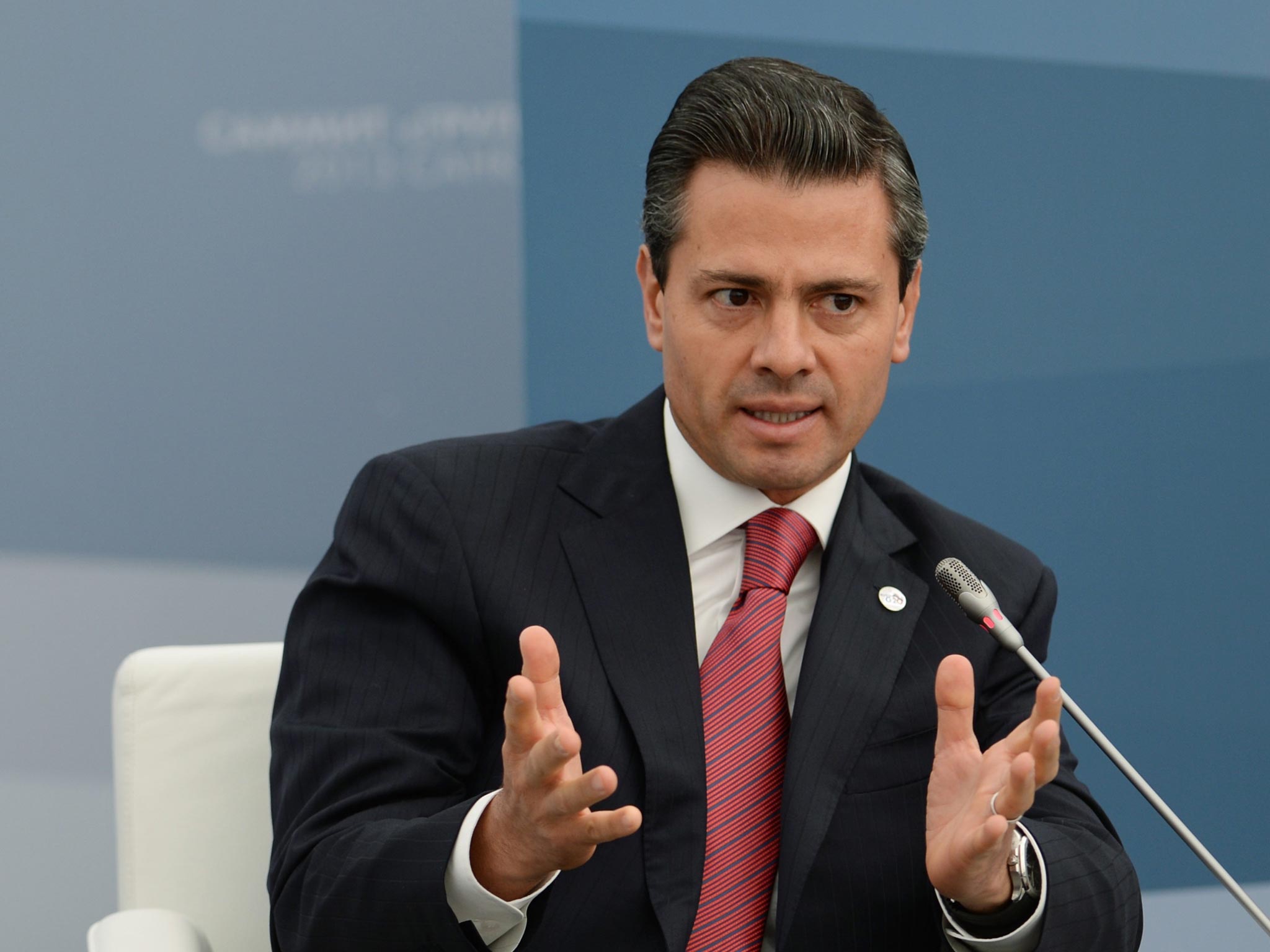The 'other' Latin American bloc is quietly getting on with the job
Global Outlook

The political dramas of Brazil, Argentina and Venezuela, leading players in the Mercosur trading bloc, too often overshadow the economic progress of other Latin American economies, especially those that belong to the rival and free-trade-leaning Pacific Alliance.
As Brazil holds its general election tomorrow, Argentina deals with its latest debt default, and Venezuela struggles with an annual inflation rate of 63 per cent, the four economies of the Pacific Alliance – Chile, Peru, Colombia and Mexico – simply get on with the business of creating the huge gains that come from trade, for their countries and the region.
Some time soon, however, the two Latin American blocs with different world views will need to have serious talks to take away the barriers to trade that could threaten the region’s economic resurgence.
The pundits have made much of the fact that the Mercosur bloc faces the Atlantic and the rival bloc faces – for the most part – the Pacific, and there may be something in that. The main challenge, though, is political.
The Pacific Alliance and Mercosur sources have both indicated that such trade talks could happen soon, and investors hope that the cynical and “populist” politics so prevalent in the more political Mercosur countries do not get in the way of the discussions.
Many of Latin America’s economies made massive strides during the decade-long commodities boom that was driven by China’s insatiable appetite for the region’s abundant natural resources.
The commodities boom helped lift 80 million people in Latin America out of poverty in the past decade as the region’s middle class grew by 50 per cent – to the point where it now makes up 30 per cent of the population, according to the World Bank.
The bank said that in 2011, for the first time in recorded history, Latin America had more people in the middle class than in poverty.
Now that demand for commodities from China has cooled down, Latin American economies are trying to diversify, with some success. But they need the economically interventionist tendencies of politicians in the Mercosur countries to be curbed.
Latin America is home to at least 1,250 public companies with a stock market value of more than $2.2 trillion (£1.3 trillion), according to the World Federation of Exchanges.
Reading some of the financial headlines, investors could easily conclude that the whole region is a basket case, a cocktail of crime, corruption and currency crises, defaults and debt, and wackadoodle populist policies.
The business news from the outward-looking, free-trade-oriented economies can get lost amid the noise. The region is at a pivotal moment in its history. Rational voices need to be heard, not populist opportunists peddling cynical utopian promises.
“After a decade of sound economic management with solid social progress, Latin America has reached a development crossroads,” the World Bank said in a recent update.
“With slower growth prospects and the threat of a reversal in fortunes for many, the region now faces new challenges, and improving productivity is increasingly emerging as a key underlying factor to address them.”
Brazil, Argentina and Venezuela will have average growth of about 0.6 per cent this year, according to the International Monetary Fund, while Chile, Peru, Colombia and Mexico will have average growth of 4.2 per cent.
“Declining commodity prices, a reported slowdown in the rate of growth in China, and the announced change in the US Federal Reserve expansive monetary policy, are key factors contributing to the lower-than-expected regional growth of about 2 per cent for 2014,” the World Bank said.
Smart investors will always look behind the headlines in Latin America to make money.
Fiona Manning, an investment manager at Aberdeen Asset Management, said in a client report last week: “Despite some short-term cyclical headwinds, where we are seeing some weakness in GDP in the major markets in Latin America, the long-term outlook for the markets remains very strong.
“We are seeing long-term investment in infrastructure which will drive future GDP growth, we have got a young and growing population, unemployment is at historically low levels and we are seeing real wages remaining stable, and all of those mean essentially you have got more people spending more money and we believe that will be a very strong driver for the domestic growth story in Latin America.”
Talks between the two Latin American trade blocs would help.
Samuel George, a Latin America analyst at the Bertelsmann Foundation, told Bloomberg that Chile, Peru, Colombia and Mexico had used the Pacific Alliance to attract the attention of investors “who would otherwise think that Latin America was Brazil, Argentina and Venezuela”.
He added: “If the Pacific Alliance countries could negotiate access to these Mercosur countries, it would be a tremendous business opportunity.”
Subscribe to Independent Premium to bookmark this article
Want to bookmark your favourite articles and stories to read or reference later? Start your Independent Premium subscription today.

Join our commenting forum
Join thought-provoking conversations, follow other Independent readers and see their replies